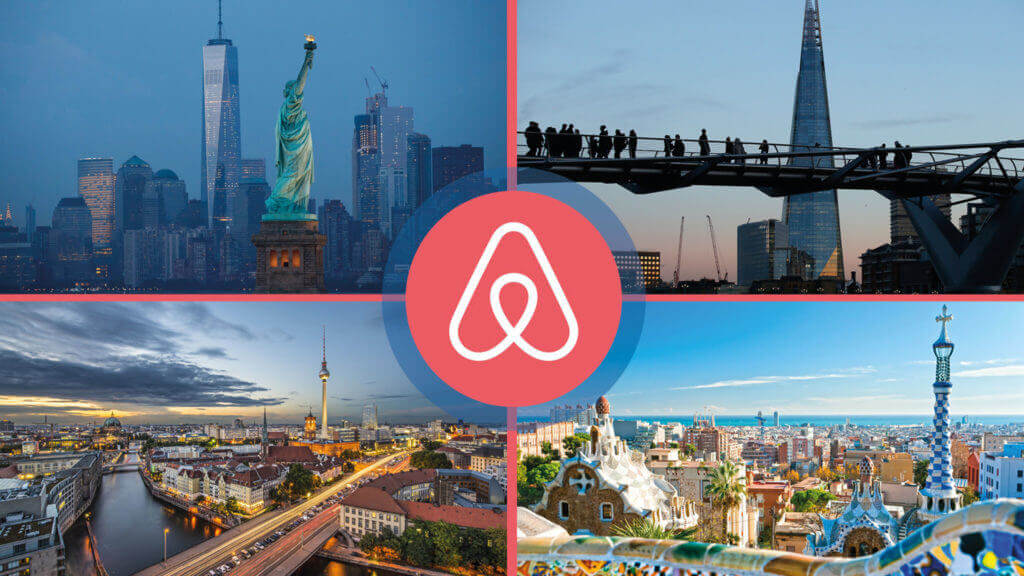
When it comes down to it, the ‘threat’ of home-sharing businesses such as Airbnb is not universally the same to every hotel. Depending on location, size, and brand some hotels won’t feel a ripple, some will be more concerned, while others may actually see it as another opportunity to broaden their hotel’s online distribution.
Whether you’re oblivious to the home rentals market, concerned by it, or eager to connect with it, there are some key learnings to be found in why it’s so successful and how your property can achieve the same level of enthusiasm among your hotel guests.
Lesson #1: Your hotel cannot afford to be generic
The very nature of home sharing means guests are staying in unique properties such as vacation homes and each will appeal to its own niche market.
An experience is something modern guests crave more than anything and home sharing is perfectly aligned with this notion. The rooms sold on Airbnb have been created for this very purpose; to engage a human desire for comfort, style, and stimulation – regardless of whether that’s for a business trip or a family vacation.
To mirror this hotels need to focus on a core, unique, offering for travellers. You can’t win over every market but you should think about what your hotel has that other properties don’t, then build and expand your messaging around that. For example, maybe it’s your stunning architecture, one-of-a-kind views, themed hotel rooms, or vintage bar.
Lesson #2: Once your hotel establishes its values, it needs to win them
One more advantage that guests speak about when enjoying homes experiences and places is the flexibility. Complaints around hotels often centre on the rigidness of the stay, fine print, and false advertising.
Consistently delivering on service quality and guarantees will go a long way to keeping travellers on side at your hotel. If your brand is synonymous with being the cleanest, most comfortable place to stay, travellers will depend on this expectation to be fulfilled.




